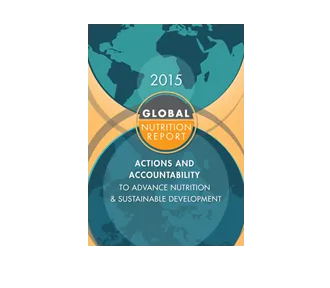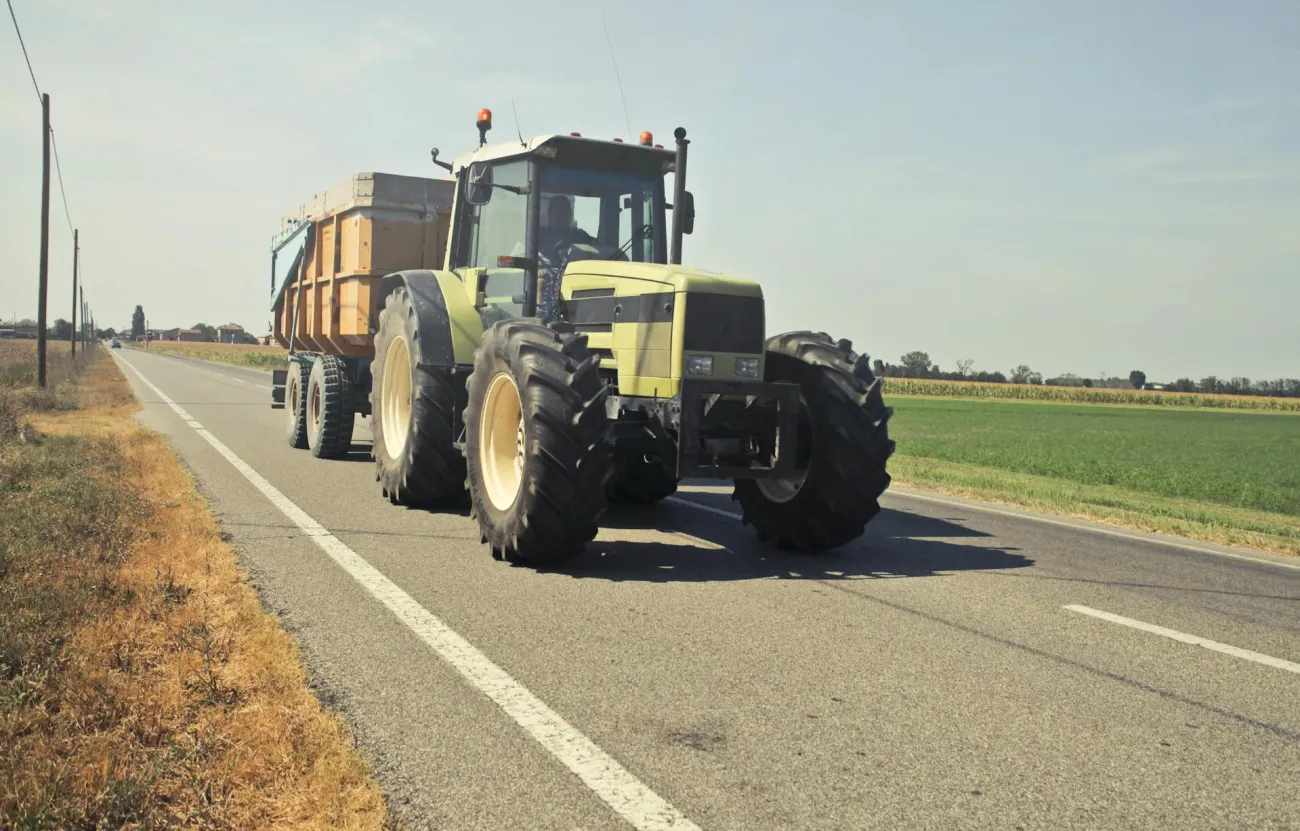This second annual nutrition report by IFPRI is a comprehensive summary and scorecard on both global and country level progress on all forms of nutrition. It covers nutrition status and program coverage—as well as underlying determinants such as food security; water, sanitation, and hygiene; resource allocations; and institutional and policy changes—globally (for 193 countries). The 2015 edition highlights the critical relationship between climate change and nutrition and the pivotal role business can play.

 A summary of the section on nutrition and climate change is as follows:
A summary of the section on nutrition and climate change is as follows:
“It is hoped that a new international climate change agreement, covering all countries, will be announced at the United Nations Conference on Climate Change (COP21) in Paris in late 2015. Given that disease, food, and climate are intimately linked, this agreement could present opportunities for those in nutrition and climate to work together to advance their overlapping agendas.
- The evidence suggests multiple pathways through which climate change influences nutrition. These pathways—physical, biological, social, and economic—are outlined in the report.
- For the poorest groups in society, seasonal fluctuations in food access and drivers of infectious disease remain a reality. These cycles have a profound effect on nutrition status, season by season. This vulnerability of nutrition to regular weather cycles provides a stark indicator of the vulnerability of certain populations to the weather extremes that climate change could unleash.
- Different diets drive different production systems and have different emission and resource footprints. On average, meat-rich diets tend to have larger footprints. Dietary choices that are good for health can also be good for the planet.
- More could be done to create a win-win situation that both improves human nutrition and reduces greenhouse gas emissions. Countries are beginning to incorporate climate change considerations into national nutrition plans. But there are major gaps in data, knowledge, policy, and practice that need to be rapidly filled if win-win opportunities for improving nutrition while mitigating and adapting to climate change are to be realized.”
The report also suggests a set of indicators assessing countries’ progress towards delivering nutrition friendly and sustainable food systems, copied as follows:

Your thoughts on the merits of these indicators would be most welcome - do please post your comments in the box below, you need to be logged in to do so. Contact us if you have forgotten your log in details.
To read the report see here. And see also the press release from IFPRI here.




Comments (0)